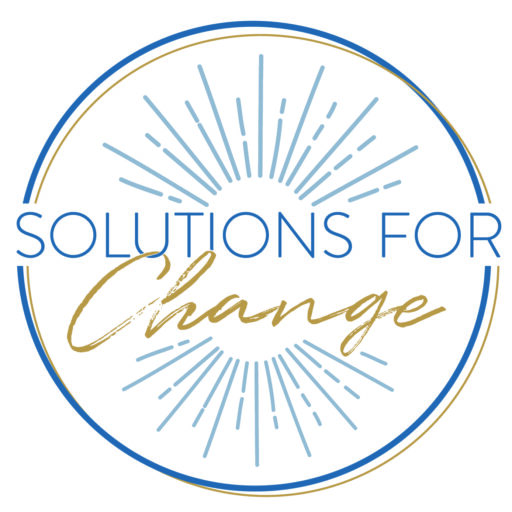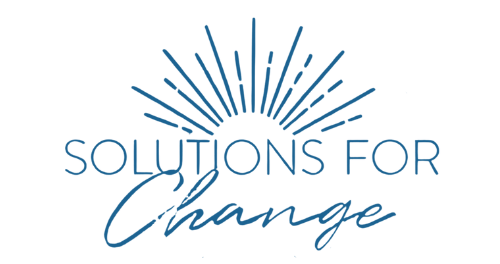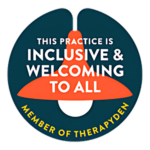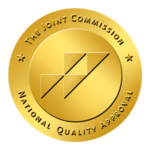Surviving the Summer Heat: Tackling Triggers and Embracing Wellness

The journey of recovery from addiction is an ongoing process that requires commitment, support, and a deep understanding of one’s triggers. While each individual’s path is unique, it is common for people in early recovery to face specific challenges during certain seasons. Summertime, with its vibrant energy, social gatherings, and vacation temptations, can be a triggering period for individuals striving to maintain their newfound sobriety. In this blog, we will explore why summertime can present significant challenges and potentially lead to relapse for those in early recovery.
- Increased Social Pressures: Summertime often brings with it an abundance of social activities and gatherings. Barbecues, pool parties, and outdoor events become more frequent, often accompanied by alcohol or drug use. These social settings can be triggering for individuals in early recovery, as they may face internal and external pressures to participate in these activities. The fear of missing out, coupled with the desire to fit in or escape discomfort, can create a vulnerable situation for someone in recovery.
- Nostalgia and Reminders: Memories play a powerful role in triggering relapse, and summertime can evoke nostalgia associated with past substance use. The warm weather, the smell of a certain place, or even hearing a familiar song can transport individuals back to moments when they were using drugs or alcohol. These triggers can be incredibly powerful and make it difficult to resist cravings, especially for those who are still building their coping mechanisms in early recovery.
- Vacation Temptations: Summertime is synonymous with vacations and getaways, which can present unique challenges for individuals in early recovery. Traveling to unfamiliar places or being away from the support system can intensify feelings of isolation and loneliness. The lack of routine and structure, coupled with the accessibility of substances in different environments, can weaken one’s resolve and increase the risk of relapse.
- Seasonal Affective Disorder (SAD): While often associated with the winter months, some individuals experience Seasonal Affective Disorder (SAD) during the summertime. SAD can lead to feelings of depression, anxiety, and low mood, which can make individuals more vulnerable to relapse. The discomfort caused by these symptoms may drive someone to seek relief through substance use, sabotaging their progress in recovery.
- Celebratory Mindset: Summertime is perceived as a time of celebration and relaxation, which can inadvertently encourage a mindset of indulgence. The constant exposure to advertisements, social media posts, and cultural messages that associate summer with carefree fun and excitement can create a sense of entitlement, making it harder for individuals in early recovery to resist the allure of substances.
Overcoming Summertime Triggers:
- Self-Awareness and Preparation: Recognizing and acknowledging the potential triggers associated with summertime is crucial. By developing a deeper understanding of personal vulnerabilities, individuals can anticipate and prepare for challenging situations in advance. Engaging in therapy, support groups, or counseling sessions can provide the necessary tools to navigate these triggers successfully.
- Building a Strong Support System: Relying on a supportive network of family, friends, or fellow individuals in recovery can significantly reduce the risk of relapse. Reach out to trusted individuals who understand your journey and can provide encouragement and accountability during the summer months. Attend recovery meetings, connect with sober communities, and consider finding a sponsor or mentor who can offer guidance during this time.
- Developing Healthy Coping Mechanisms: It is essential to replace old patterns of substance use with healthier coping mechanisms. Engage in activities that bring joy and relaxation, such as exercise, mindfulness, creative hobbies, or spending time in nature. Establishing a routine, setting goals, and engaging in self-care practices can help maintain stability and provide healthier outlets for emotions.
- Creating a Summer Plan: Develop a specific plan for the summer season that includes strategies for managing triggers. Identify alternative non-alcoholic beverages, practice assertive communication to decline offers of substances, and avoid high-risk situations whenever possible. Being proactive and having a plan in place can empower individuals in early recovery to navigate potential relapse triggers effectively
Summertime can present unique challenges for individuals in early recovery, testing their strength and resilience. Increased social pressures, nostalgic triggers, vacation temptations, seasonal affective disorder, and a celebratory mindset can all contribute to the risk of relapse. However, with self-awareness, a strong support system, healthy coping mechanisms, and a well-thought-out plan, it is possible to successfully navigate the summer months and maintain one’s recovery journey. Remember, you are not alone, and there are resources available to help you stay on the path to a healthier and more fulfilling life.





